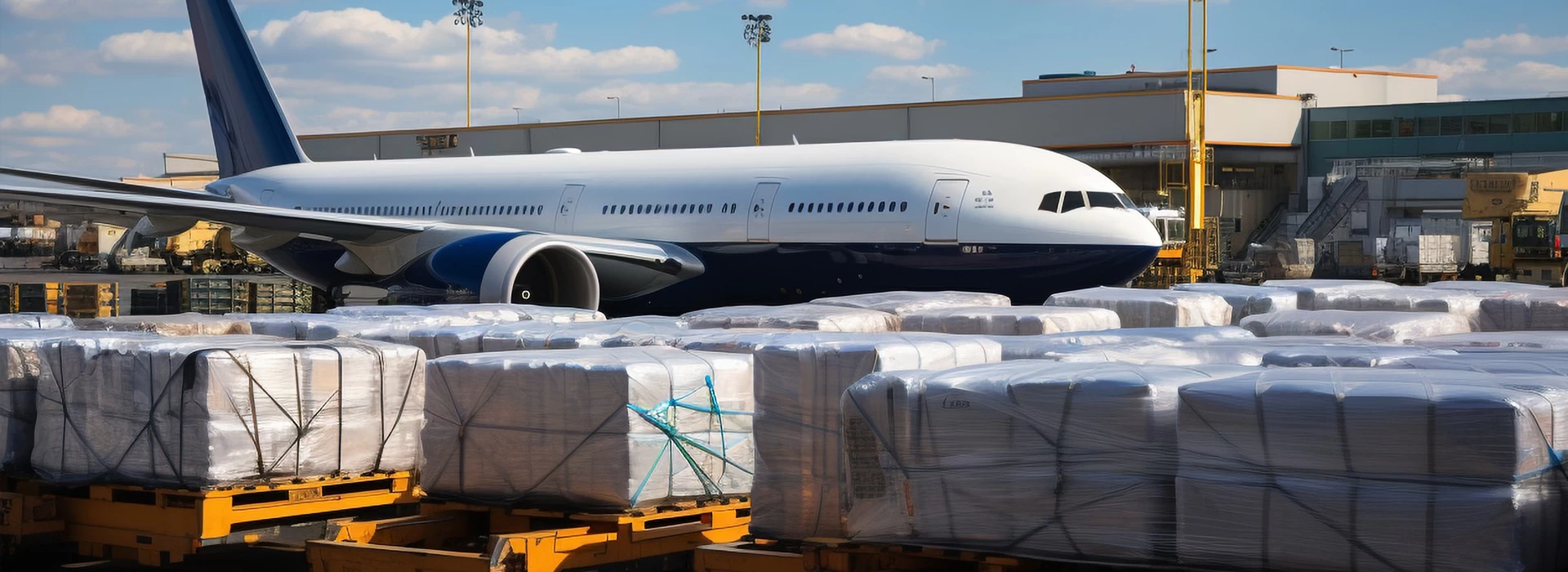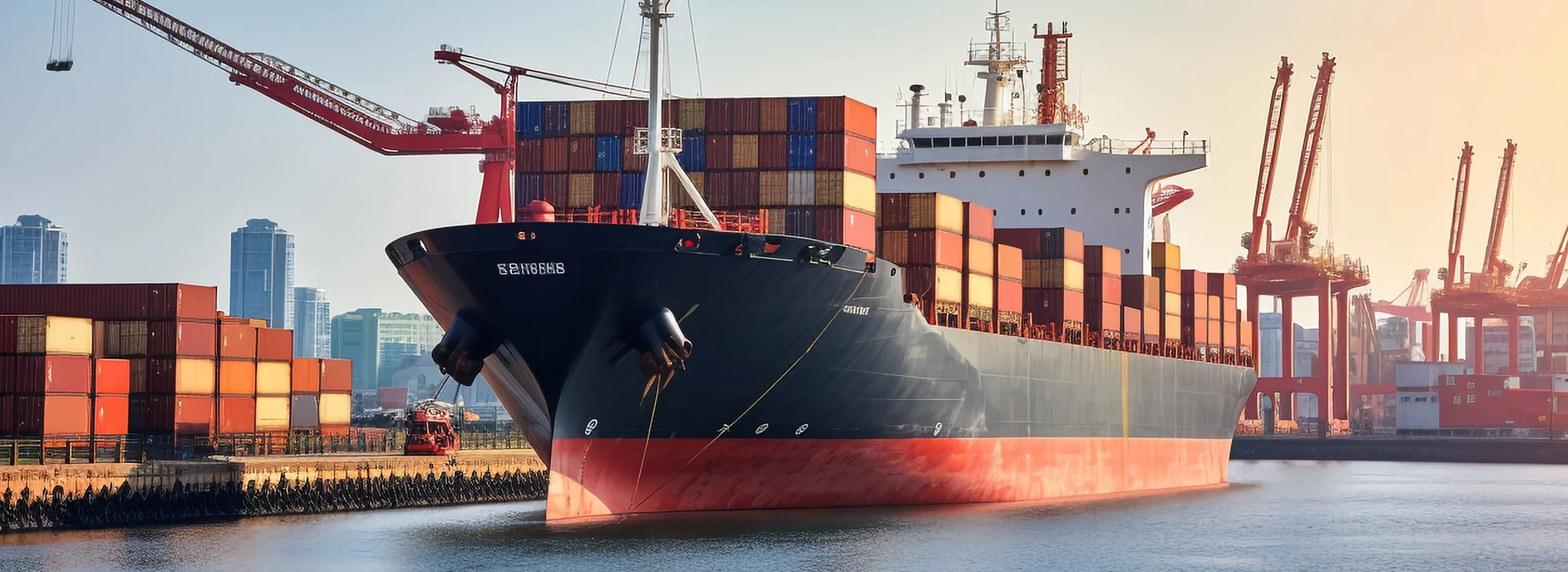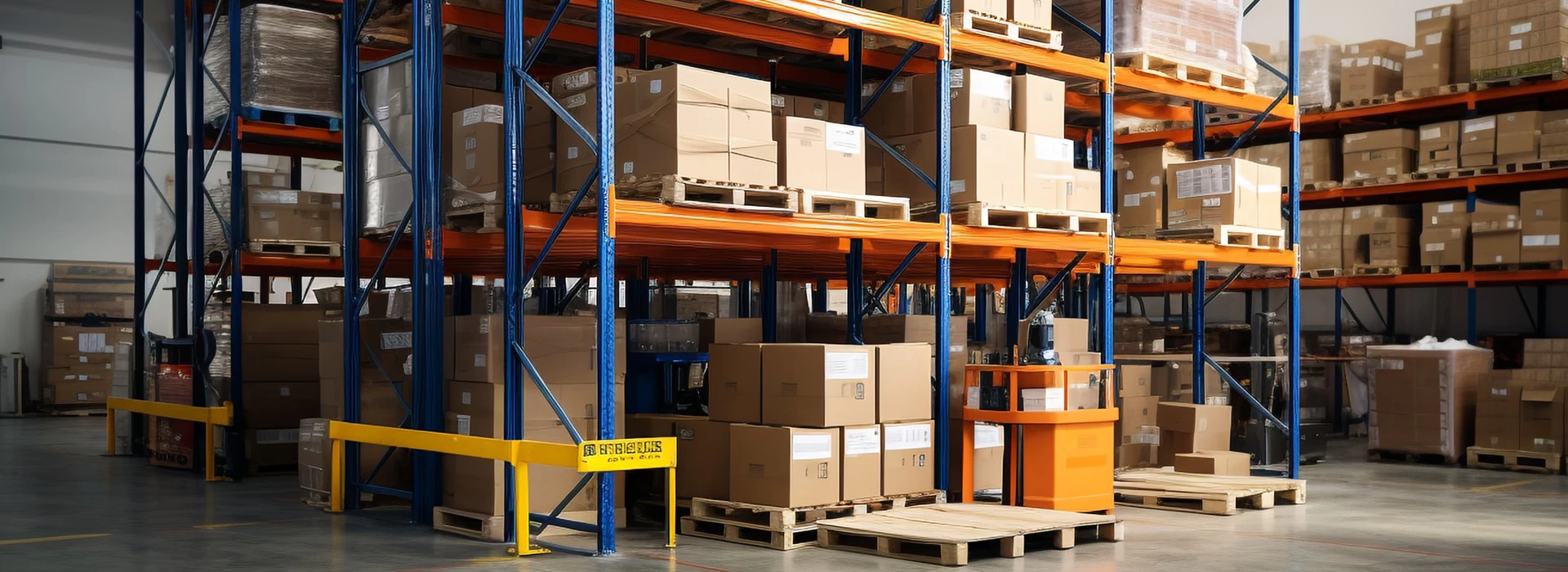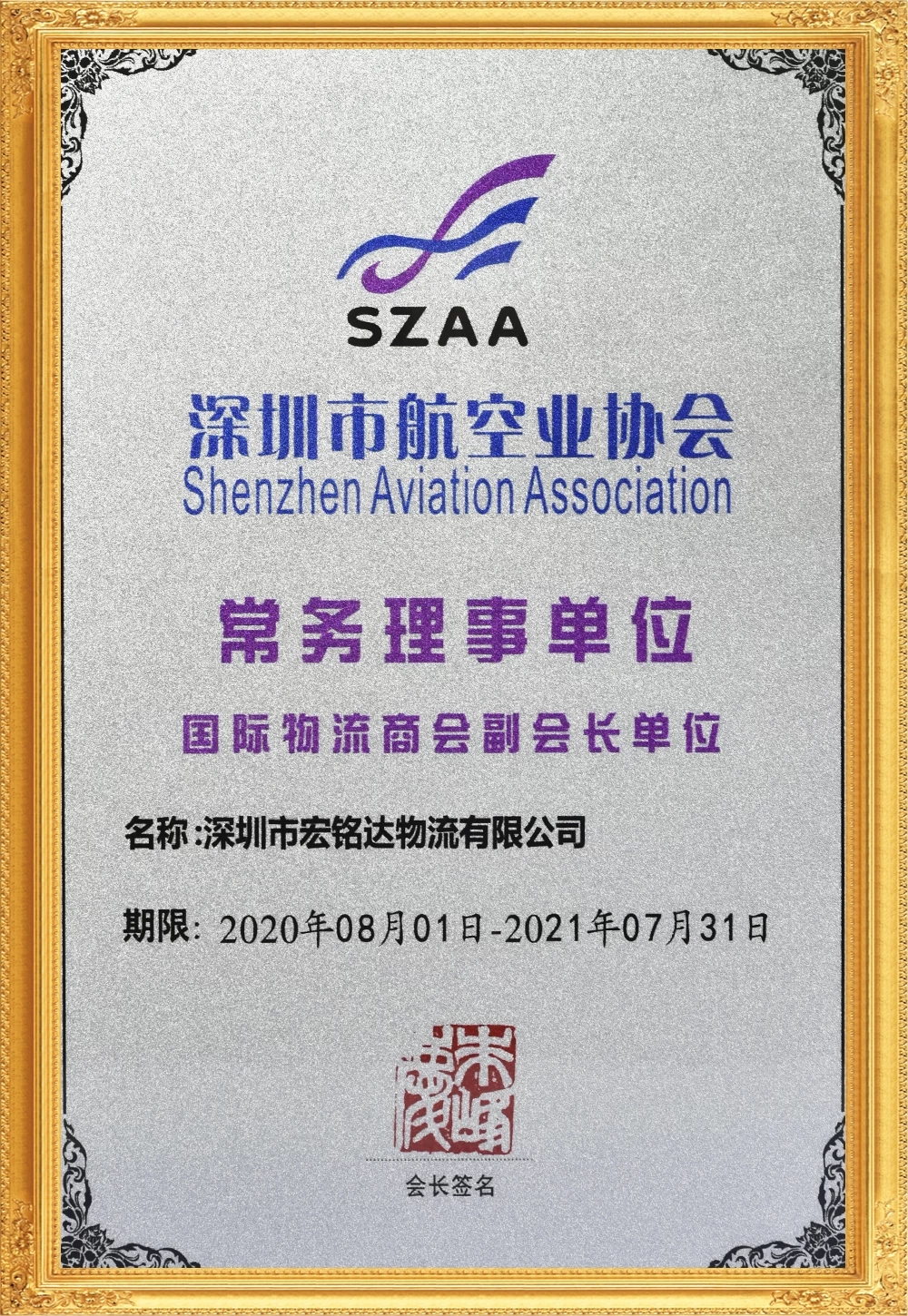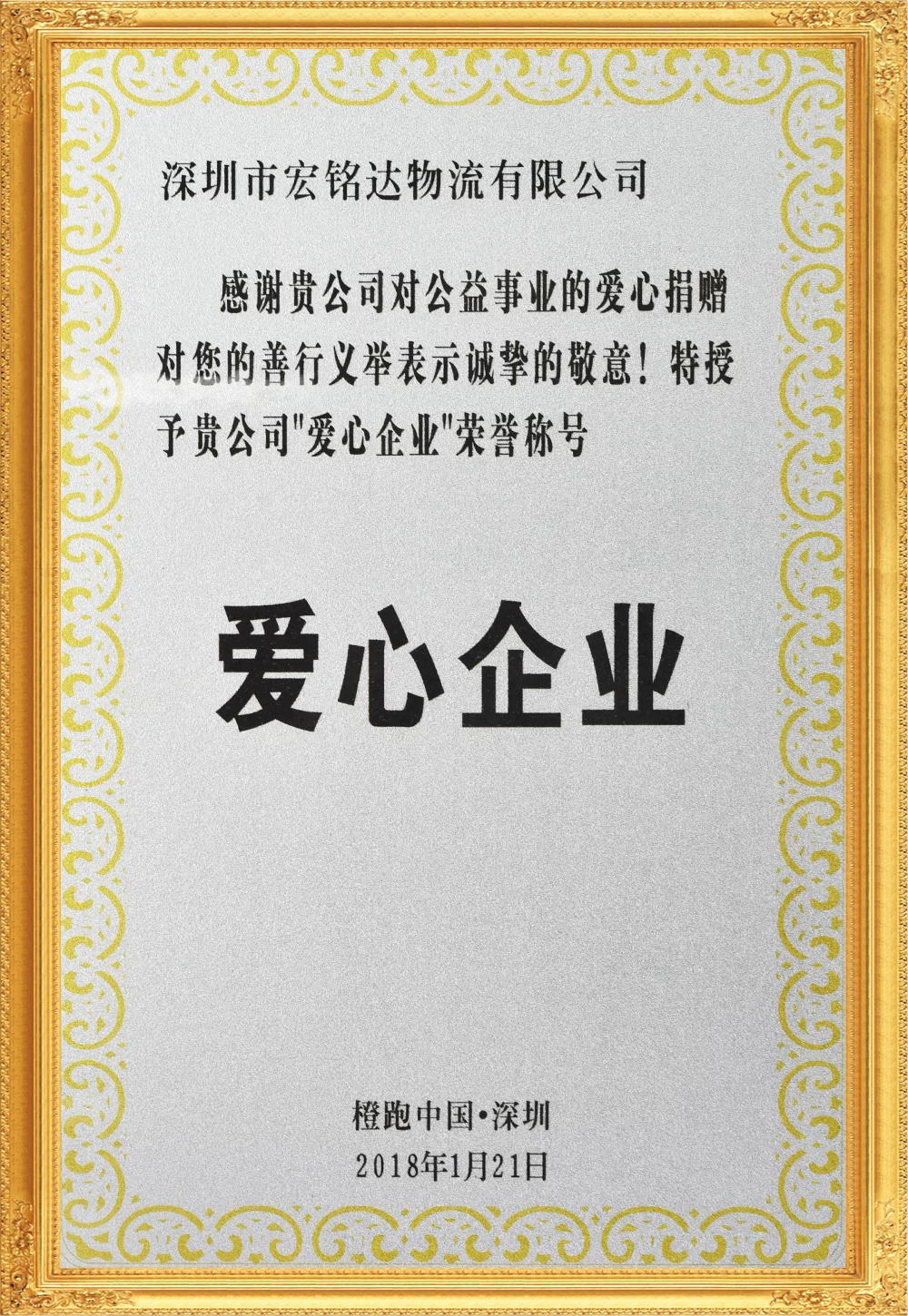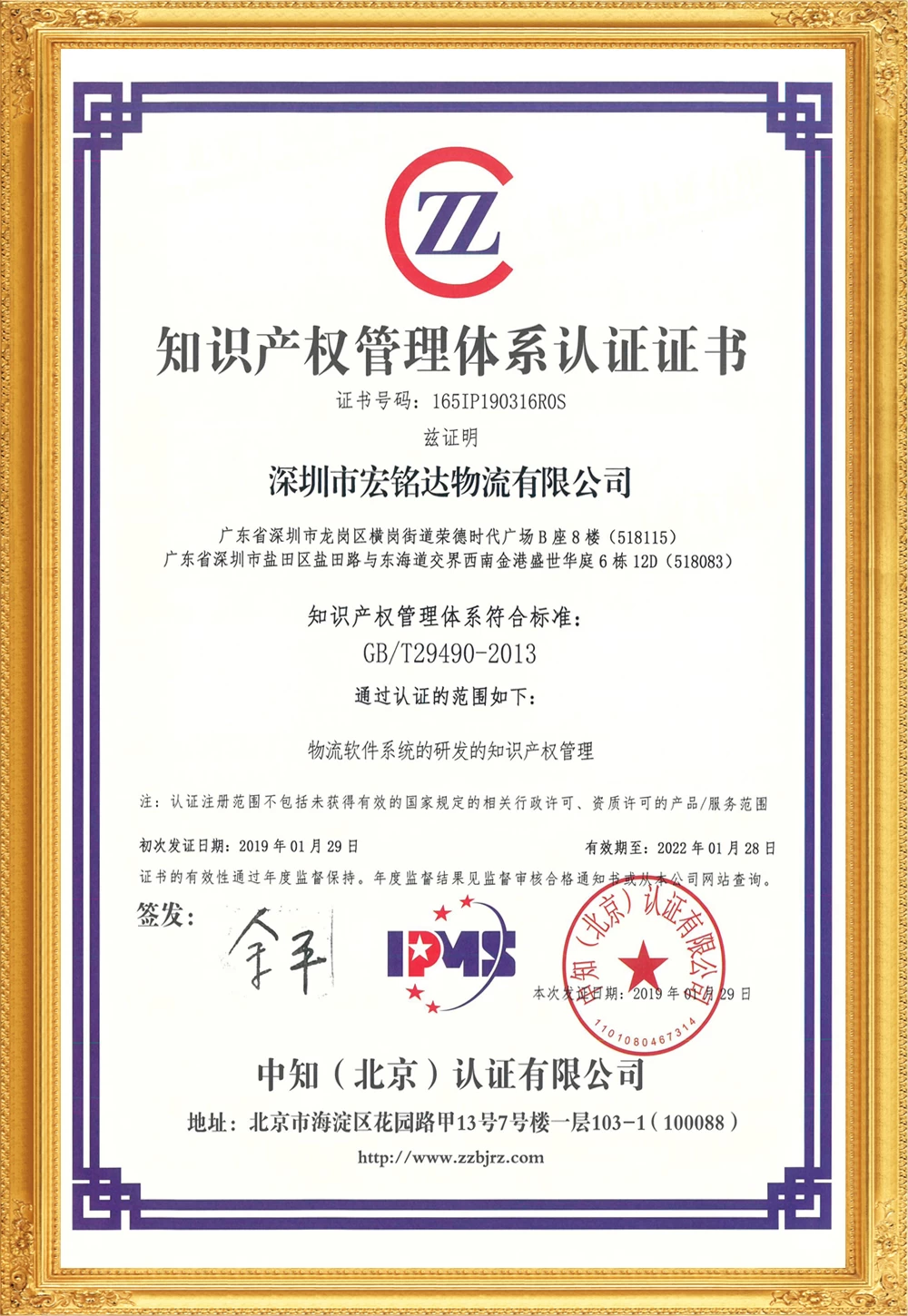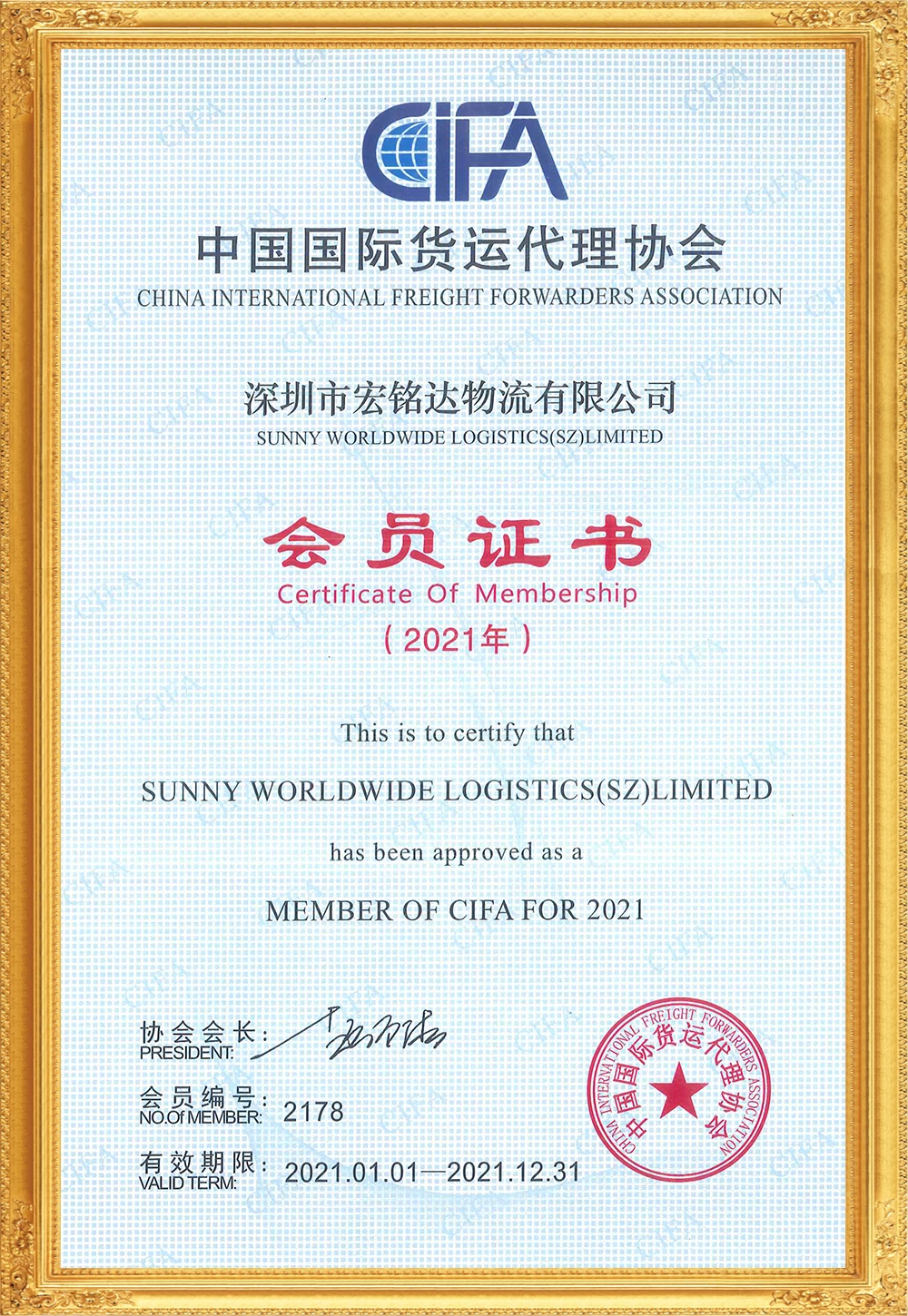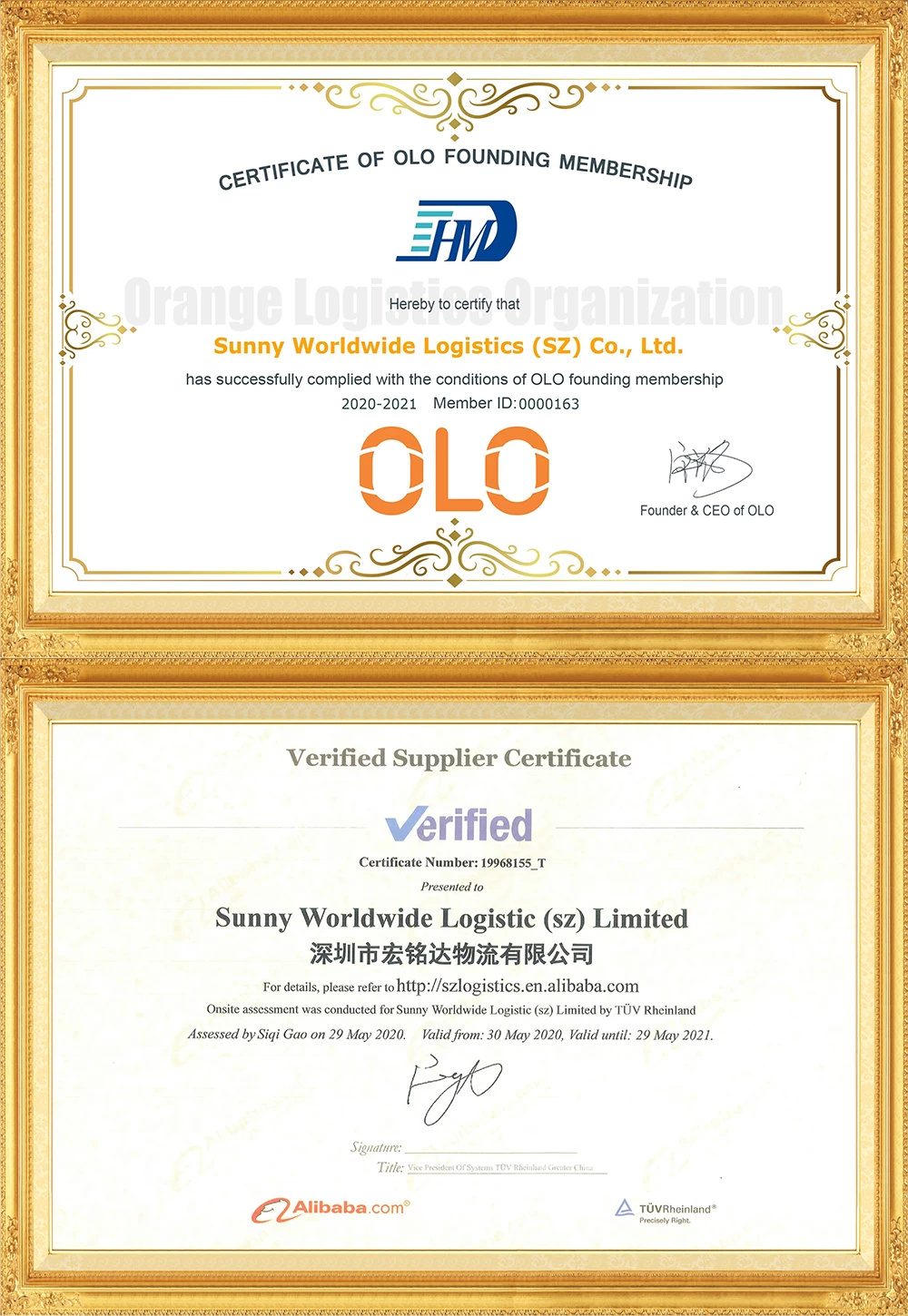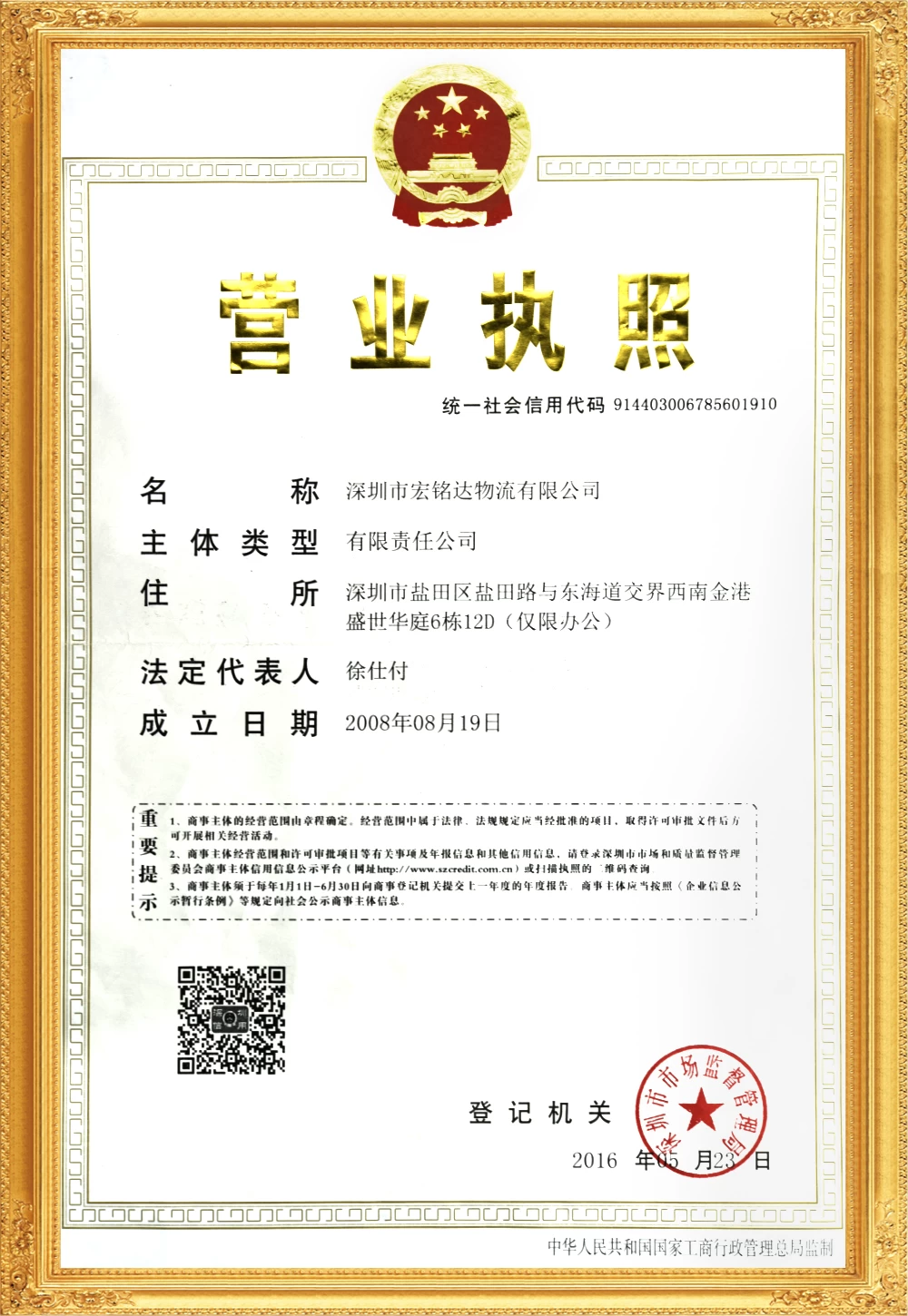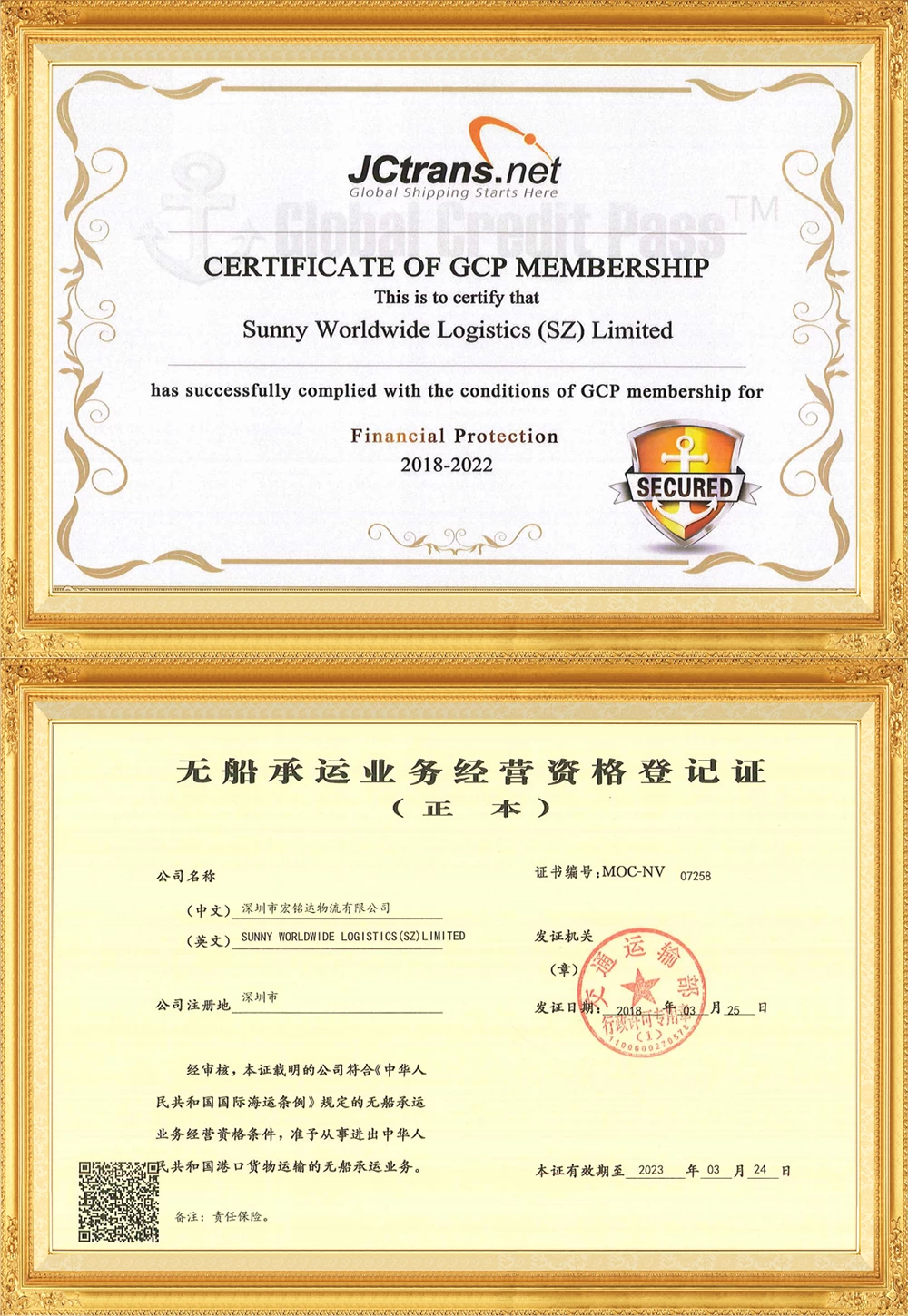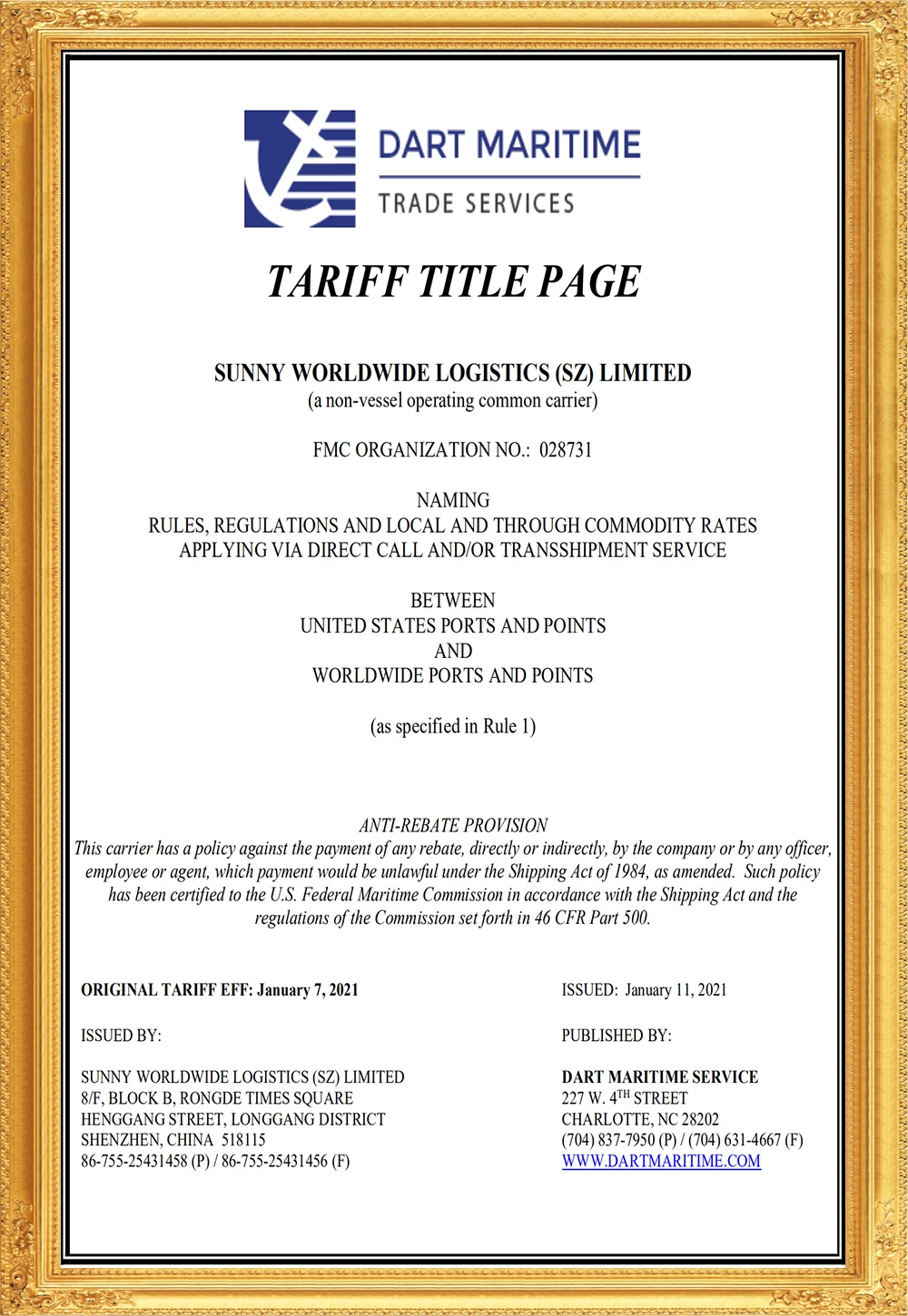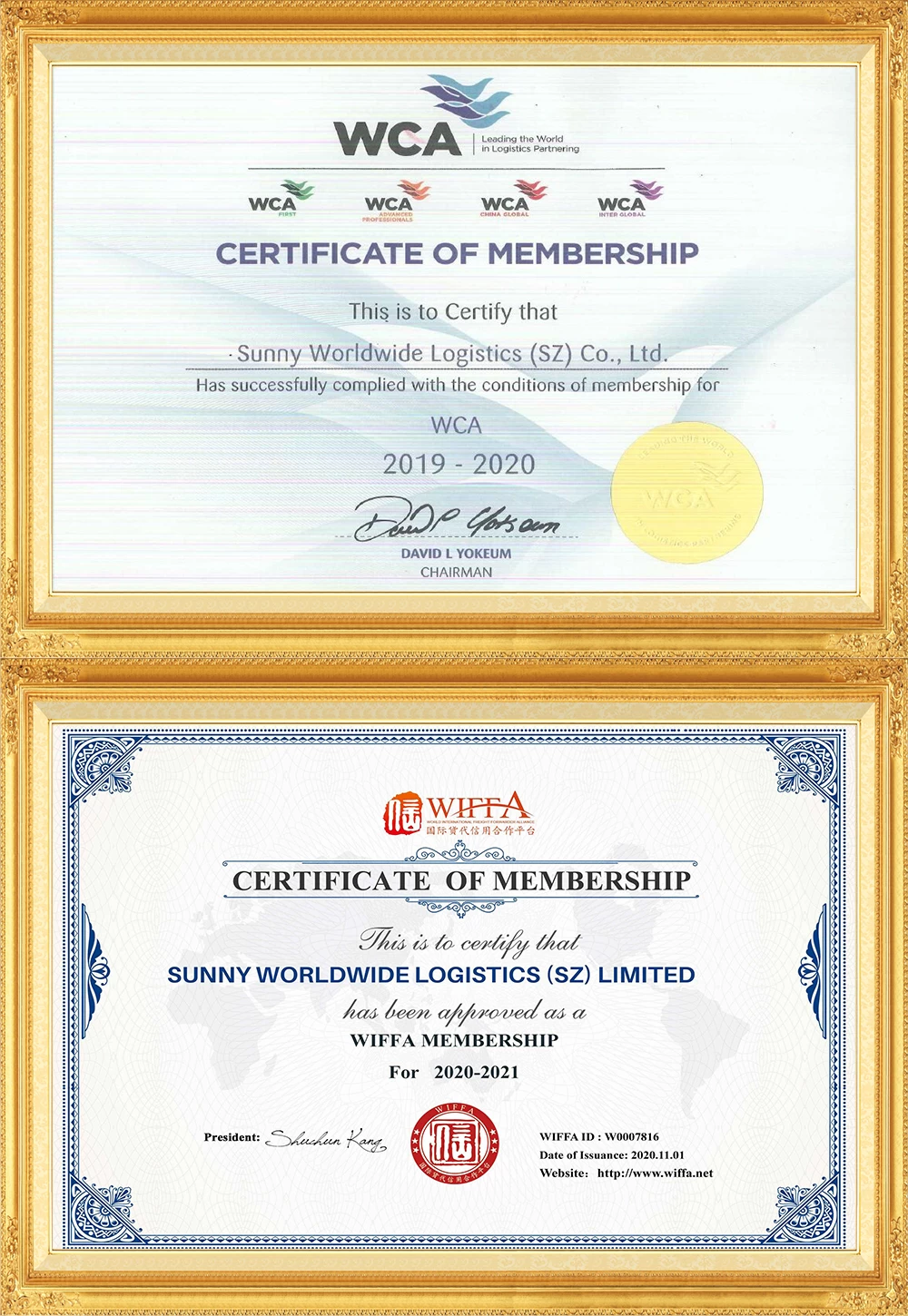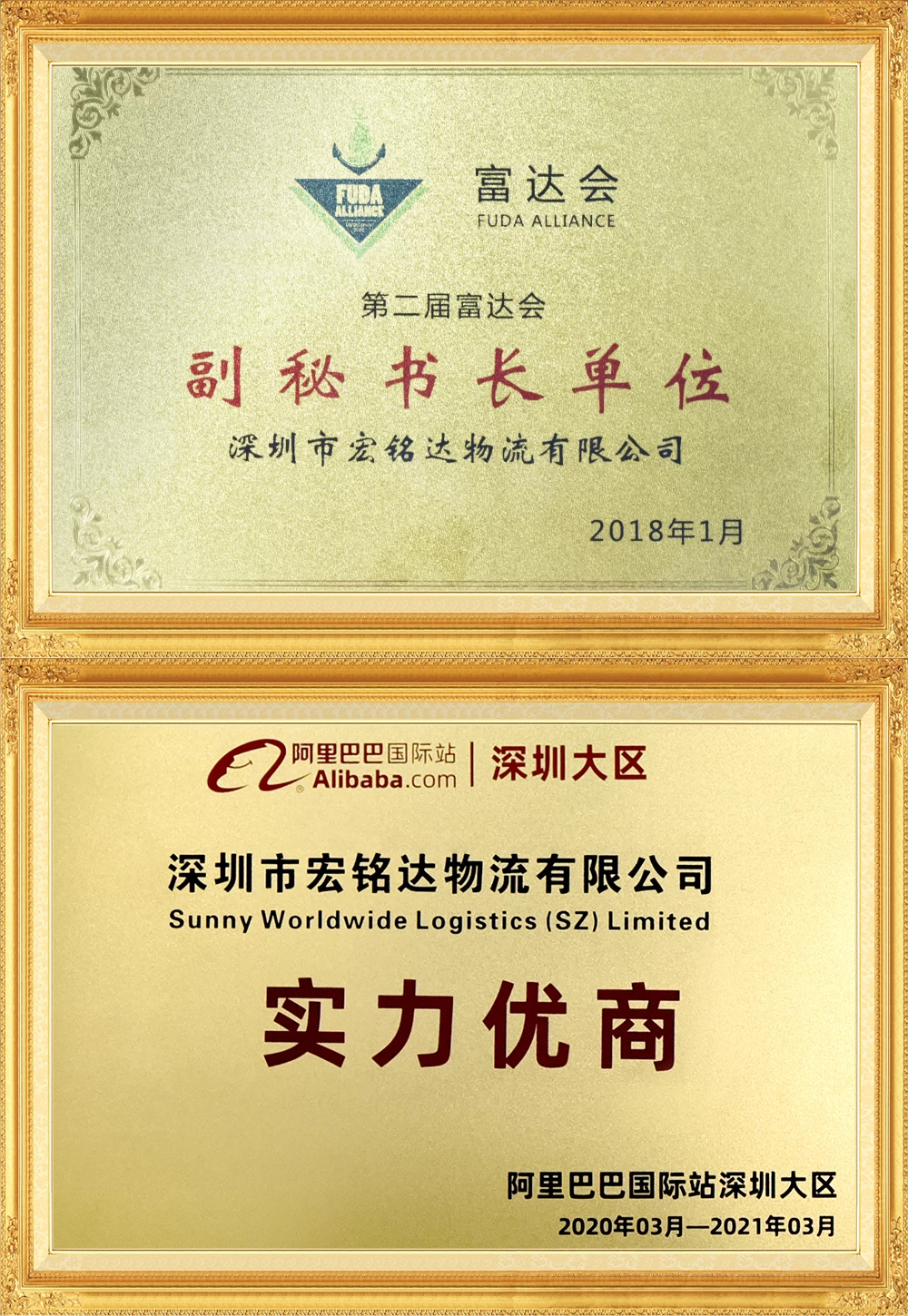Suddenly announced! Vietnam will increase taxes on multinational companies
Suddenly announced! Vietnam will increase taxes on multinational companies
The Vietnamese Congress recently decided that as part of the global tax reform, Vietnam will increase the effective effective tax rate of multinational companies to 15% starting from January next year, and at the same time postponed the incentive measures that had previously been prepared to offset part of the impact of higher tax rates.
This latest tax rate change will be in line with a global agreement to combat tax travel by multinational companies, but may hit foreign direct investment in Vietnam
Vietnam's official corporate income tax rate has been set at 20%, but the country has offered tax breaks to large foreign investors for years, pushing large multinationals such as Samsung to pay an effective tax rate of barely less than 5%.
According to estimates from the Ministry of Finance of Vietnam, as the Vietnamese Congress voted to increase the minimum corporate income tax for multinational companies to 15%, this move will affect 122 multinational companies and will bring Vietnam 14.6 trillion VND (approximately $603 million) in revenue.
China is one of Vietnam's largest sources of foreign direct investment, and many listed textile and apparel companies such as Shenzhou International have factories here.
Regarding the tax reform in Vietnam, analysts Ma Li and Zhan Luyu of Zheshang Securities pointed out that judging from the feedback from some listed textile and clothing companies investing in Vietnam, there were certain expectations for this matter in the early stage, but the specific details, whether the entities that had previously enjoyed the preferential treatment were one-size-fits-all, and whether Other forms of subsidies are still under discussion.
Vietnam's latest tax rate changes will be in line with the Global Lowest Tax Initiative, which is backed by US Treasury Secretary Janet Yellen. Under the initiative, from 2024, multinational companies with an annual global turnover of more than 750 million euros ($825 million) will need to pay a minimum tax rate of 15% regardless of their location.
Other Southeast Asian countries that have benefited from supply chain shifts in recent years, such as Thailand, are expected to follow suit in the future.



